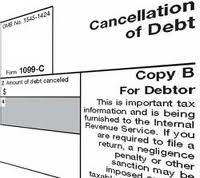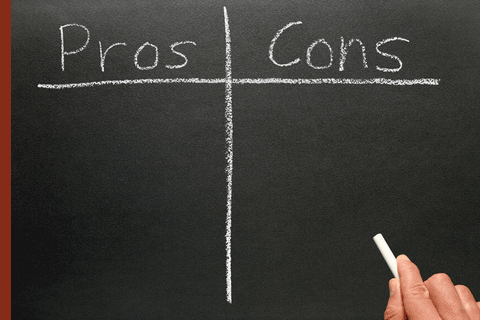Many people think it is advantageous to only list certain creditors in their bankruptcy. This is not permissible in a bankruptcy because all creditors must be listed. You cannot favor one creditor over another. However, you can always voluntarily pay a creditor back after a bankruptcy if you wish.
Besides the creditors have their own subscription system with a third party that monitors PACER filings where they will generally learn of a client’s bankruptcy filing even if not listed. Moreover, if the bankruptcy is an asset case, by not listing the creditor, you’ve actually cheated them of monies they would have received in the bankruptcy.
You only become legally obligated to repay a creditor after filing a Chapter 7 bankruptcy if you sign and file a Reaffirmation Agreement with that creditor. A Reaffirmation Agreement reaffirms the debt and sometimes can be advantageous to the debtor if he wants to retain an asset but can’t pay for it outright and in full.
 Reboot Your Life: Tampa Student Loan and Bankruptcy Attorney Blog
Reboot Your Life: Tampa Student Loan and Bankruptcy Attorney Blog


 Many more bankrupt debtors will be able to keep their house in a Chapter 7 now!
Many more bankrupt debtors will be able to keep their house in a Chapter 7 now! Our Tampa, Florida
Our Tampa, Florida  Many bankruptcy debtors in Florida are understandably confused when they surrender their home in the bankruptcy, but are still receiving various dunning letters.
Many bankruptcy debtors in Florida are understandably confused when they surrender their home in the bankruptcy, but are still receiving various dunning letters.  Creditors are busily sending out more 1099C’s then ever before according to a story by Jeremy Campbell of Channel 13 in Tampa, Florida this week. The news story
Creditors are busily sending out more 1099C’s then ever before according to a story by Jeremy Campbell of Channel 13 in Tampa, Florida this week. The news story  I often sit with my clients in Tampa, Florida and perform a simple test: I make two columns on a piece of paper and list the pros and cons of filing bankruptcy versus trying to settle their debt.
I often sit with my clients in Tampa, Florida and perform a simple test: I make two columns on a piece of paper and list the pros and cons of filing bankruptcy versus trying to settle their debt. Quotation of the Day:
Quotation of the Day: Nationwide
Nationwide  Tonight at 10:00 p.m. the
Tonight at 10:00 p.m. the